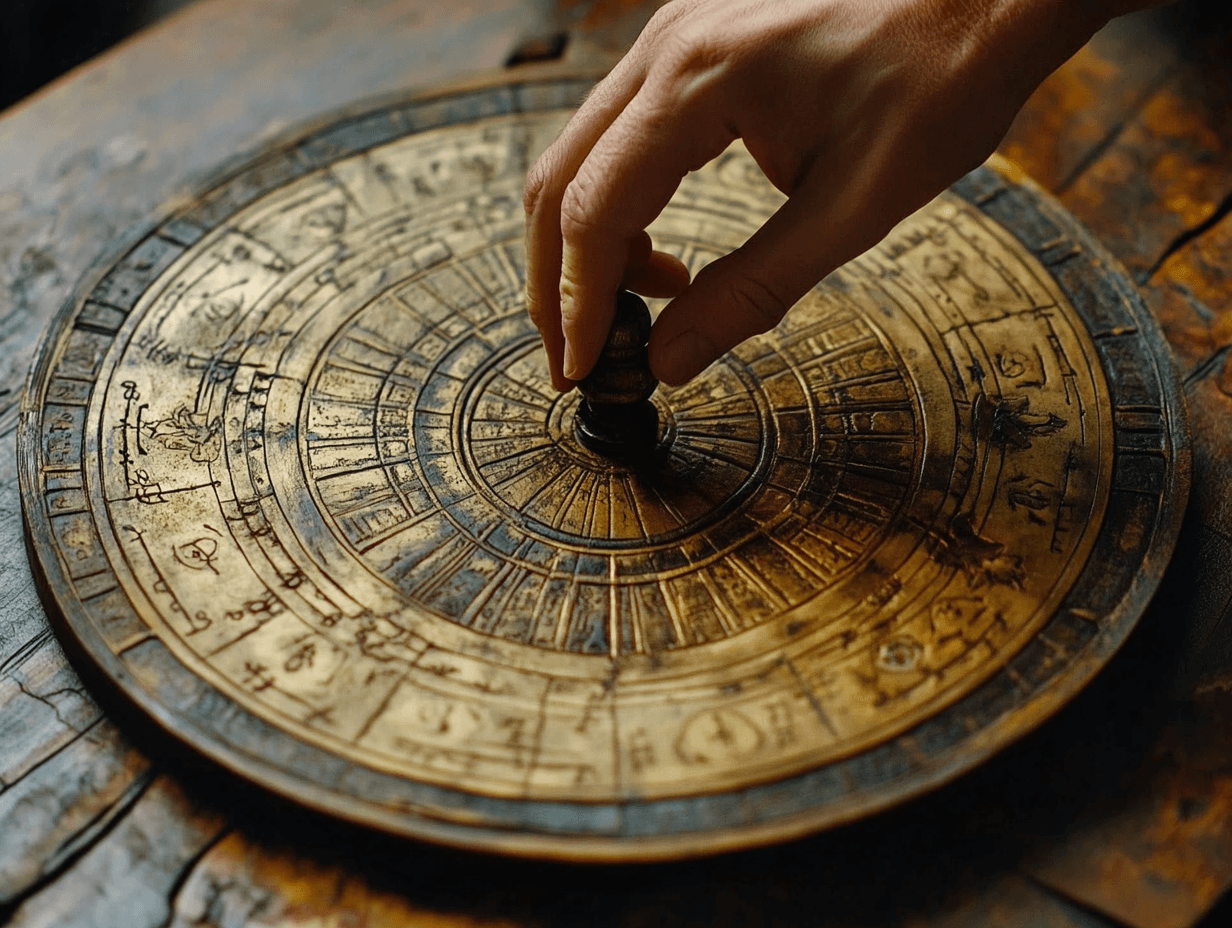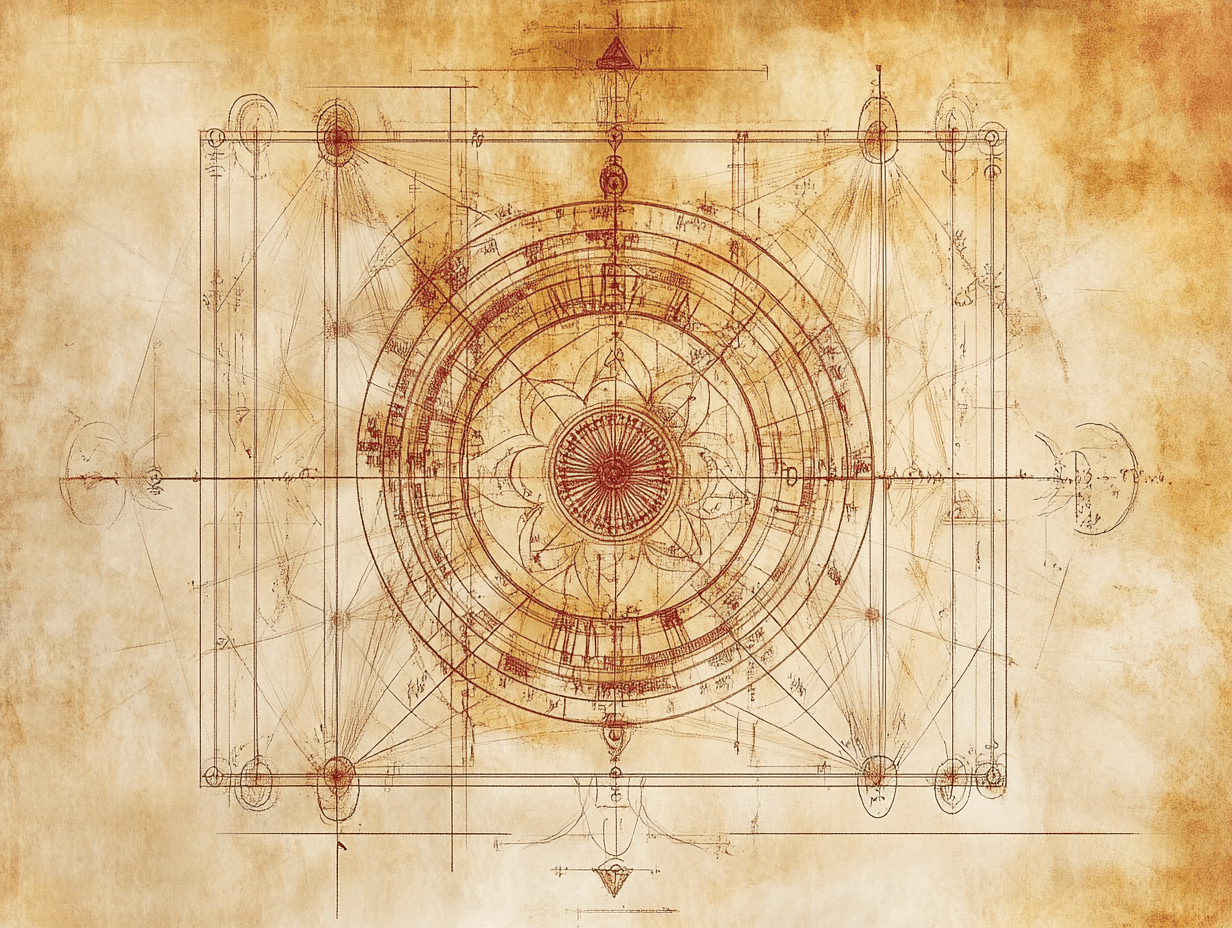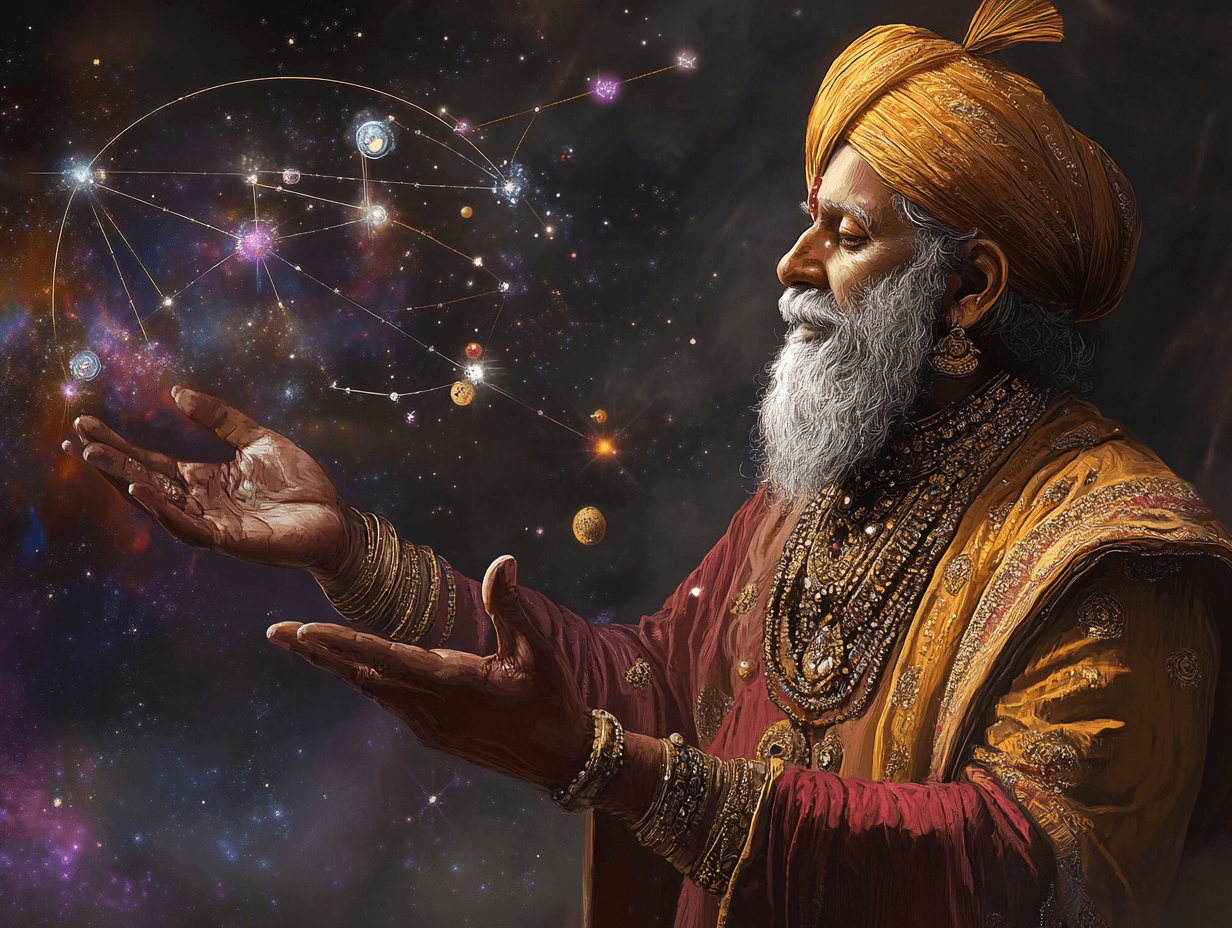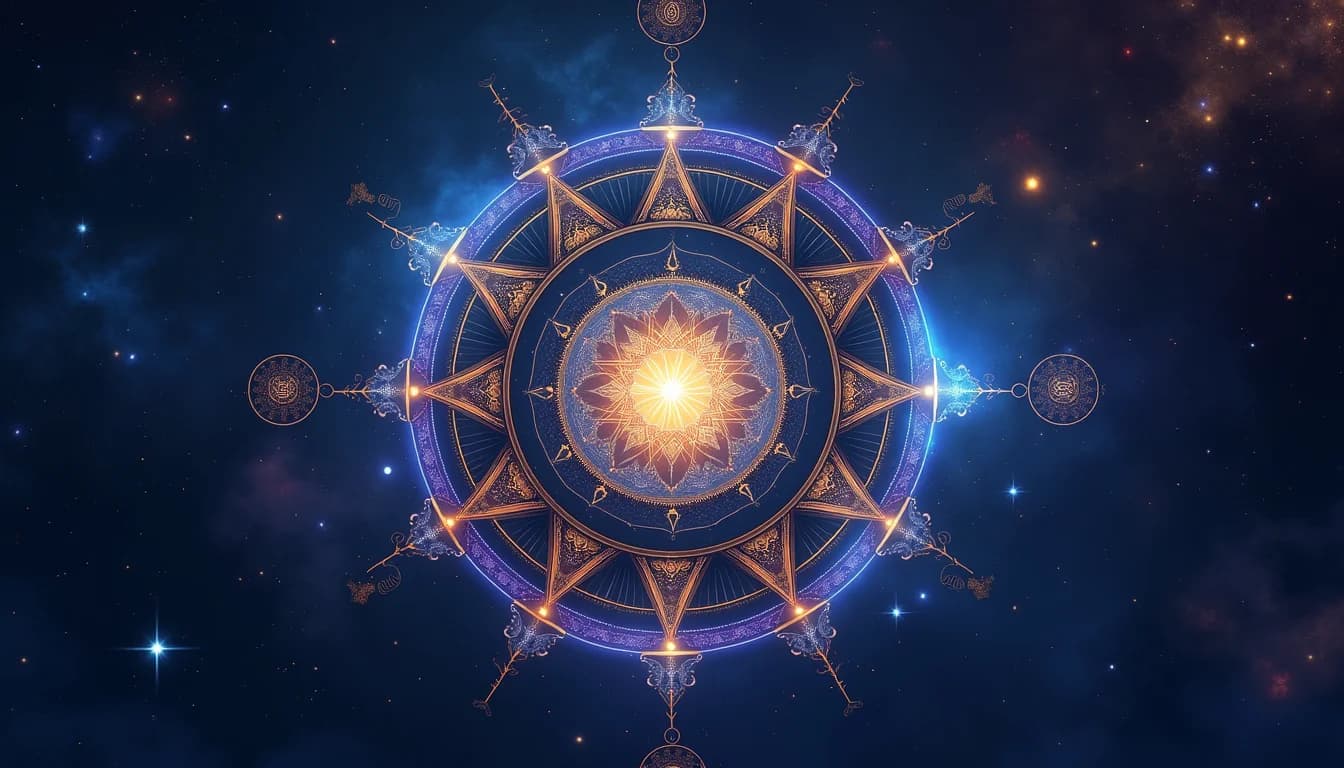How to Read Your Vedic Astrology Birth Chart: Step-by-Step Guide
Delving into the world of Vedic astrology can be an enlightening journey of self-discovery. At the heart of this ancient practice lies the birth chart, or kundali, a cosmic snapshot of the heavens at the moment of your birth. This chart holds the key to understanding your personality, life path, and potential future events. In this comprehensive guide, we’ll walk you through the process of reading your Vedic astrology birth chart, helping you unlock the celestial wisdom hidden within.
What is a Vedic Astrology Birth Chart?

A Vedic astrology birth chart, or kundali, is a map of the sky at the exact moment of your birth. It shows the positions of planets, stars, and celestial points relative to your place of birth on Earth. This chart serves as the foundation for all astrological interpretations in the Vedic system.
How to Obtain Your Accurate Birth Chart
To create an accurate birth chart, you'll need the following information:
Date of birth
Exact time of birth
Place of birth (city and country)
With these details, you can use online Vedic astrology software or consult with a professional astrologer to generate your birth chart. Remember, accuracy is crucial – even a few minutes' difference in birth time can significantly alter your chart.
The Layout of a Vedic Astrology Chart

A Vedic astrology chart is typically square-shaped and divided into 12 houses. Each house represents different areas of life and is associated with a zodiac sign. The chart is read counterclockwise, starting from the ascendant or first house.
Understanding the Significance of Each House
First House (Ascendant/Lagna): Self, personality, physical appearance
Second House: Wealth, family, speech
Third House: Siblings, courage, communication
Fourth House: Mother, home, emotional well-being
Fifth House: Children, creativity, education
Sixth House: Enemies, health, debts
Seventh House: Marriage, partnerships, business relationships
Eighth House: Longevity, occult, transformations
Ninth House: Luck, higher learning, spirituality
Tenth House: Career, public status, father
Eleventh House: Gains, friendships, aspirations
Twelfth House: Losses, expenses, liberation
Identifying Planetary Positions and Aspects

In Vedic astrology, we consider nine planets (grahas):
Sun (Surya)
Moon (Chandra)
Mars (Mangala)
Mercury (Budha)
Jupiter (Guru)
Venus (Shukra)
Saturn (Shani)
Rahu (North Node of the Moon)
Ketu (South Node of the Moon)
Each planet will be positioned in one of the 12 houses and a specific zodiac sign. Planets can aspect (influence) other houses and planets based on their relative positions.
Interpreting the Ascendant (Lagna) and Its Importance
The ascendant, or lagna, is the zodiac sign rising on the eastern horizon at the time of birth. It forms the first house of the chart and is crucial in determining one's basic temperament and physical characteristics. For example, an Aries ascendant might indicate a person with a bold, pioneering nature and a athletic build.
Basic Principles of Chart Interpretation
Analyze the ascendant and its lord
Examine the positions of the Sun and Moon
Look at the strengths and weaknesses of each planet
Consider the houses each planet rules and occupies
Identify any significant planetary combinations (yogas)
Assess the overall balance of elements and qualities in the chart
Common Combinations and Their Meanings
Gaja Kesari Yoga: Jupiter in an angle from the Moon, indicating fame and success
Budha-Aditya Yoga: Sun and Mercury in the same house, suggesting intelligence and leadership
Dhana Yoga: Second house lord in the eleventh house, or vice versa, indicating wealth potential
Raj Yoga: Lords of a trine (1, 5, 9) and a quadrant (1, 4, 7, 10) conjunct, suggesting power and authority
For instance, if you have Jupiter in the 10th house and the Moon in the 1st house, you might have Gaja Kesari Yoga, indicating potential for recognition in your career.
Tips for Beginners on How to Start Interpreting Their Own Chart

Start with the basics: Focus on understanding your ascendant, Sun sign, and Moon sign first.
Study one house at a time: Begin with the first house and gradually work your way around the chart.
Learn planetary characteristics: Understand the basic nature of each planet before diving into complex interpretations.
Use reliable resources: Invest in good books on Vedic astrology or take online courses from reputable astrologers.
Practice regularly: Try interpreting charts of friends and family (with their permission) to gain experience.
Be patient: Chart interpretation is an art that takes time to master. Don't rush to conclusions.
Consider the whole chart: Avoid making judgments based on a single planetary position or combination.
Keep an open mind: Remember that astrology is a tool for self-reflection and growth, not a deterministic science.
Reading your Vedic astrology birth chart is a transformative journey of self-understanding. By exploring the positions of planets, houses, and aspects, you can uncover insights into your strengths, challenges, and life purpose. Remember, your chart is a guide, not a fixed destiny—it's meant to empower you to make conscious choices and live in harmony with your cosmic design. Whether you seek clarity on relationships, career, or spiritual growth, your birth chart provides valuable clues. Continue studying, practice regularly, and let the stars illuminate your path. Happy chart reading!
You Might Also Enjoy

Embracing Transformation: The Significance of Angel Number 555 in Your Life
Discover the life-changing message behind angel number 555 and how it guides you through transformation.

Unlocking Family Happiness: The Power of Sukh Samriddhi Yantra
Discover how the Sukh Samriddhi Yantra can transform family dynamics, bringing harmony, prosperity, and joy to your home.

Unlocking the Secrets of Numerology: Navigating Pinnacles and Challenges
Explore how numerology's pinnacles and challenges shape your life journey and personal growth.
